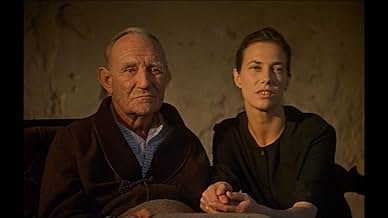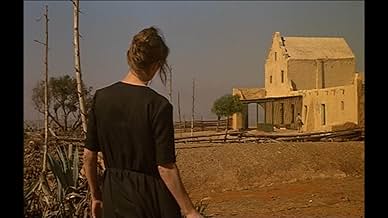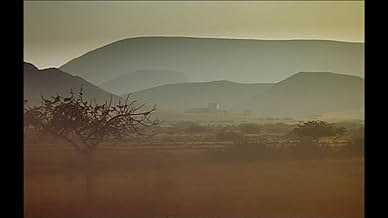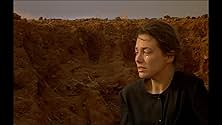Dust
- 1985
- 1h 28min
Aggiungi una trama nella tua linguaA South African spinster (Jane Birkin) murders her father (Trevor Howard) after he rapes the wife of the black foreman for his plantation.A South African spinster (Jane Birkin) murders her father (Trevor Howard) after he rapes the wife of the black foreman for his plantation.A South African spinster (Jane Birkin) murders her father (Trevor Howard) after he rapes the wife of the black foreman for his plantation.





















